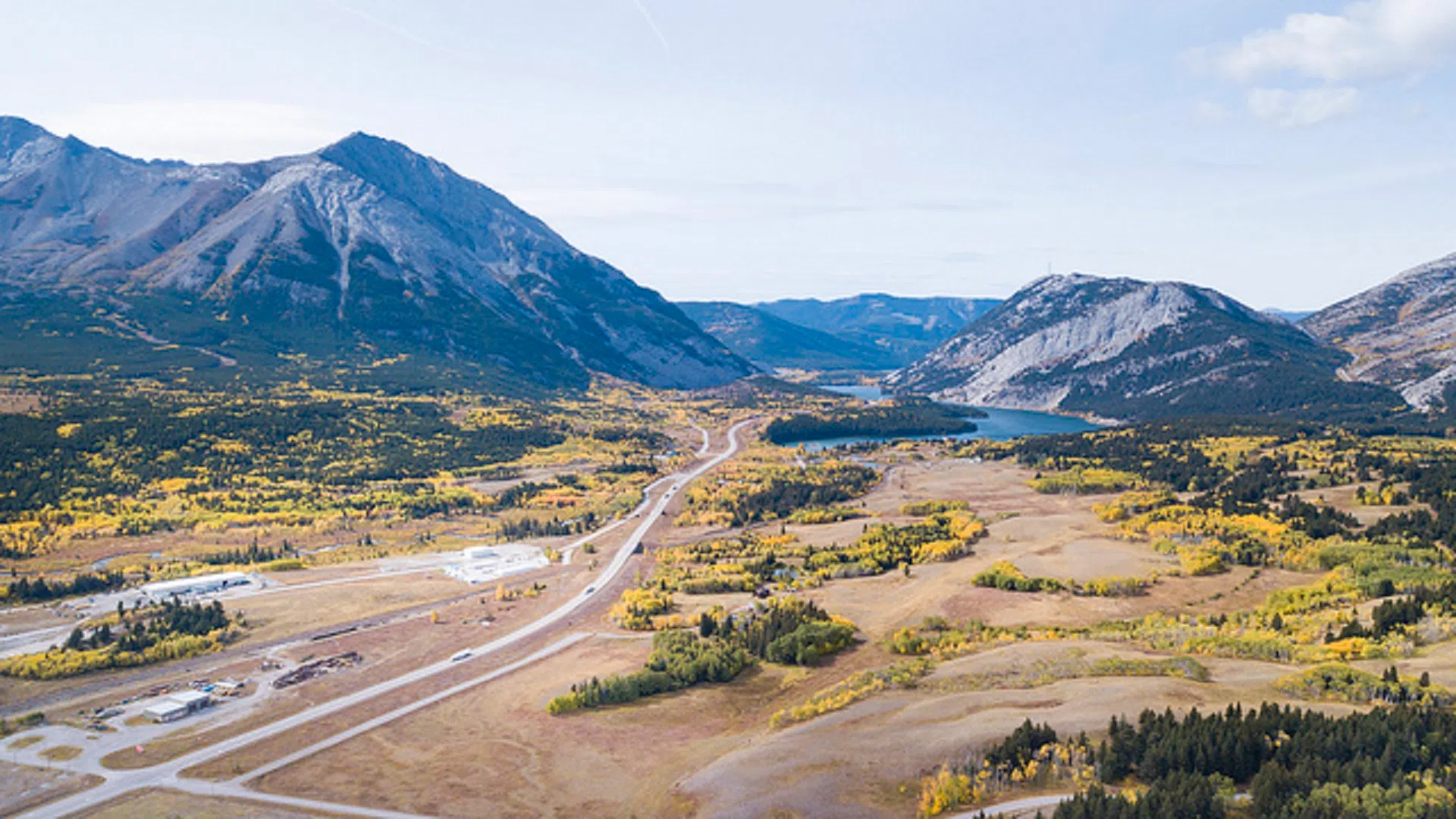
Southwest Alberta wildlife corridor named after former Premier Jim Prentice
COLEMAN — The Government of Alberta has named a wildlife corridor in the Crowsnest Pass in honour of the late former Premier Jim Prentice.
Prentice died in a plane crash just outside of Kelowna in October 2016, along with three other men.
The province has contributed $1 Million for the Nature Conservancy of Canada (NCC) to purchase private land for the corridor and pledged protection for seven sections of Crown land in the corridor.
Prentice lived and worked in the Crowsnest Pass as a young man and Premier Rachel Notley noted the choice of dedication relates to his love of the province.
“In the true spirit and commitment of public service, he worked tirelessly to protect it for the people of this province. All Albertans will benefit from this beautiful natural space, forever protected in his name. I would like to thank the Prentice family, the NCC and the generous Alberta landowners who are supporting this conservation campaign by contributing their land. Albertans can be proud of this campaign.”
Prentice’s widow, Karen, is happy the Nature Conservancy is honouring her husband in this way.
“It is a fitting tribute to his connection to the Crowsnest Pass and passion for nature. The creation of the corridor in Jim’s name will be a meaningful legacy for Canada that I hope his friends and colleagues will help support this project.”
The Jim Prentice Wildlife Corridor runs between Crowsnest Lake and the Town of Coleman and is about five kilometres wide. It will connect Crown forest reserve lands in the north to the Castle parks network (consisting of Castle Provincial Park and Castle Wildland Provincial Park) created by the Government of Alberta in 2017, as well as to Waterton Lakes National Park and Glacier National Park to the south.
The corridor’s international significance means it provides a natural link to areas south of the border. Conservations groups have lobbied for the link over the past decades, pointing to wildlife mortality rates which have been increasing in the region due to more vehicle traffic and ongoing development.
The region is home to not only deer, elk and moose but, grizzly bears and cougars as well.


